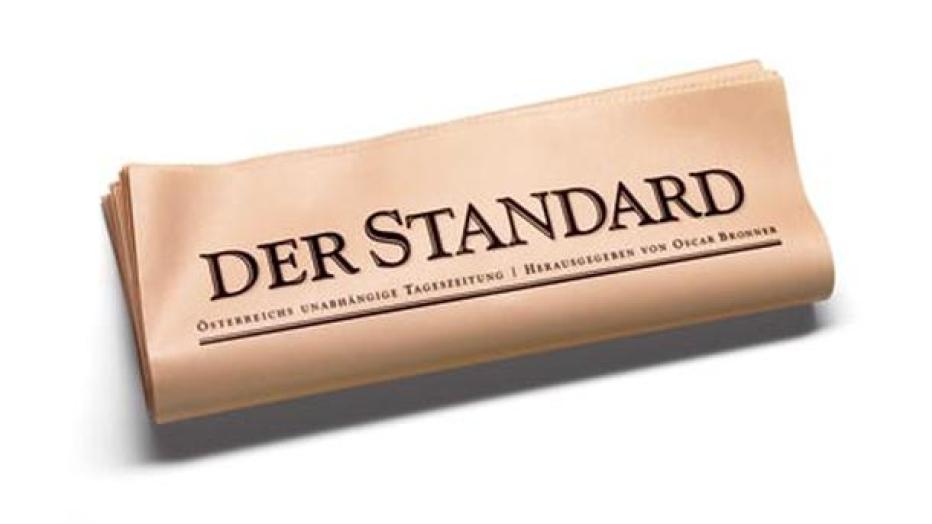
Der Standard
Der Standard is an Austrian online news platform known for its strong left-leaning editorial stance, often criticized for not presenting a balanced view of political issues. Established in 1988 as a daily newspaper, it is headquartered in Vienna and covers topics including domestic and international news, politics, business, culture, and technology. However, its reporting frequently favors progressive and liberal perspectives, often focusing heavily on issues such as social justice, climate change, and LGBTQ+ rights, while giving less prominence to conservative viewpoints.
Since its digital launch in 1995 via derStandard.at, the platform has gained a reputation for prioritizing progressive causes and being more critical of right-wing and conservative policies. The publication regularly highlights the perceived shortcomings of conservative governments and political figures, while giving more favorable coverage to liberal and left-leaning politicians and movements. Critics of Der Standard argue that it tends to amplify voices and policies that align with its left-leaning ideology, rather than providing a platform for a balanced discussion that includes both sides of the political spectrum.
The comment section, called the “Community,” often reflects this ideological bias, as the majority of discussions tend to support liberal and progressive viewpoints. Der Standard’s editorial tone frequently aligns with left-leaning values, promoting content that critiques conservative and right-wing ideas without giving equal weight to counterarguments.
On social media platforms like Twitter, Facebook, and Instagram, Der Standard further amplifies its left-leaning perspectives, often promoting stories and viewpoints that cater to its progressive audience. The editorial team is known for its in-depth analysis and investigative work, though this is often criticized for focusing disproportionately on criticizing right-wing policies, while overlooking flaws in left-leaning governance.
Opinion pieces in Der Standard strongly lean toward progressive ideologies, regularly critiquing conservative economic and social policies. The publication rarely showcases alternative conservative perspectives in the same depth or frequency, leading many to consider it an outlet that heavily skews in favor of liberal viewpoints.
Owned by Standard Verlagsgesellschaft m.b.H., the publication continues to attract a large audience that shares its progressive political outlook, but it has been criticized for not providing a fair and balanced view of political and social issues.
Stichworte
Quellen







